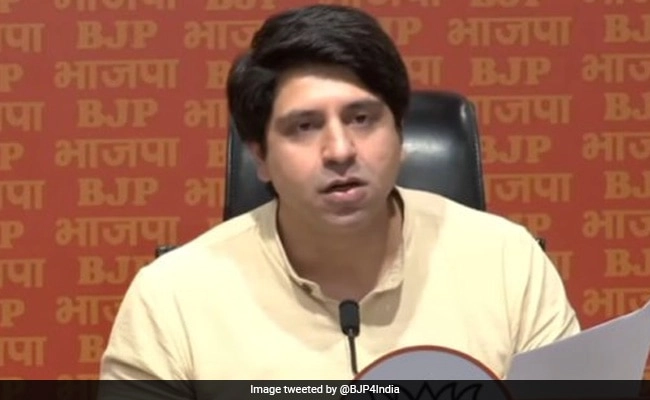The recent development regarding the Adani Group and the Hindenburg case has stirred significant political discourse in India, particularly in the context of the Bharatiya Janata Party’s (BJP) response to the Securities and Exchange Board of India (SEBI) clearing the conglomerate of any wrongdoing. The BJP has raised the question of whether Congress will issue an apology following SEBI’s clean chit to Adani, a move that underscores the tension between the two major political parties in the country. This situation not only reflects on the corporate governance landscape in India but also highlights the political ramifications of allegations against high-profile business entities.
The Hindenburg report, which alleged stock manipulation and accounting fraud by the Adani Group, had sent shockwaves through the Indian financial markets and prompted an intense scrutiny of the conglomerate’s operations. The subsequent investigation by SEBI was anticipated to address these serious accusations. However, the conclusion that found no evidence of wrongdoing has caused the BJP to call for a reconsideration of the narrative that Congress and other opposition parties had built around the allegations. The BJP’s call for an apology points to a broader strategy of countering opposition narratives and reinforcing its own position in the political landscape.
As the political battle unfolds, the implications of SEBI’s findings extend beyond the immediate concerns surrounding the Adani Group. They raise questions about regulatory oversight, the role of government agencies in maintaining fair market practices, and the responsibility of political parties to substantiate their claims. The BJP’s insistence on an apology from Congress could be viewed as an attempt to shift the focus back to accountability and governance, particularly in light of the previous allegations which may have influenced public perception and investor confidence.
In a broader context, the incident exemplifies the intricate relationship between politics and business in India, where corporate entities often find themselves at the crossroads of political scrutiny and public interest. The outcome of such high-profile cases not only affects the companies involved but also shapes the political narratives that play out in the media and public discourse. As the BJP and Congress continue to engage in this verbal sparring, the ultimate question remains: how will this impact the trust of the electorate in both the political and financial systems of the country?
In conclusion, the clean chit awarded to the Adani Group by SEBI is a pivotal moment that underscores the complexities of corporate governance, political accountability, and public perception in India. The BJP’s demand for an apology from Congress serves as a reminder of the ongoing tug-of-war between the ruling party and the opposition, as both navigate the intricate dynamics of power, influence, and accountability in a rapidly evolving economic landscape.




